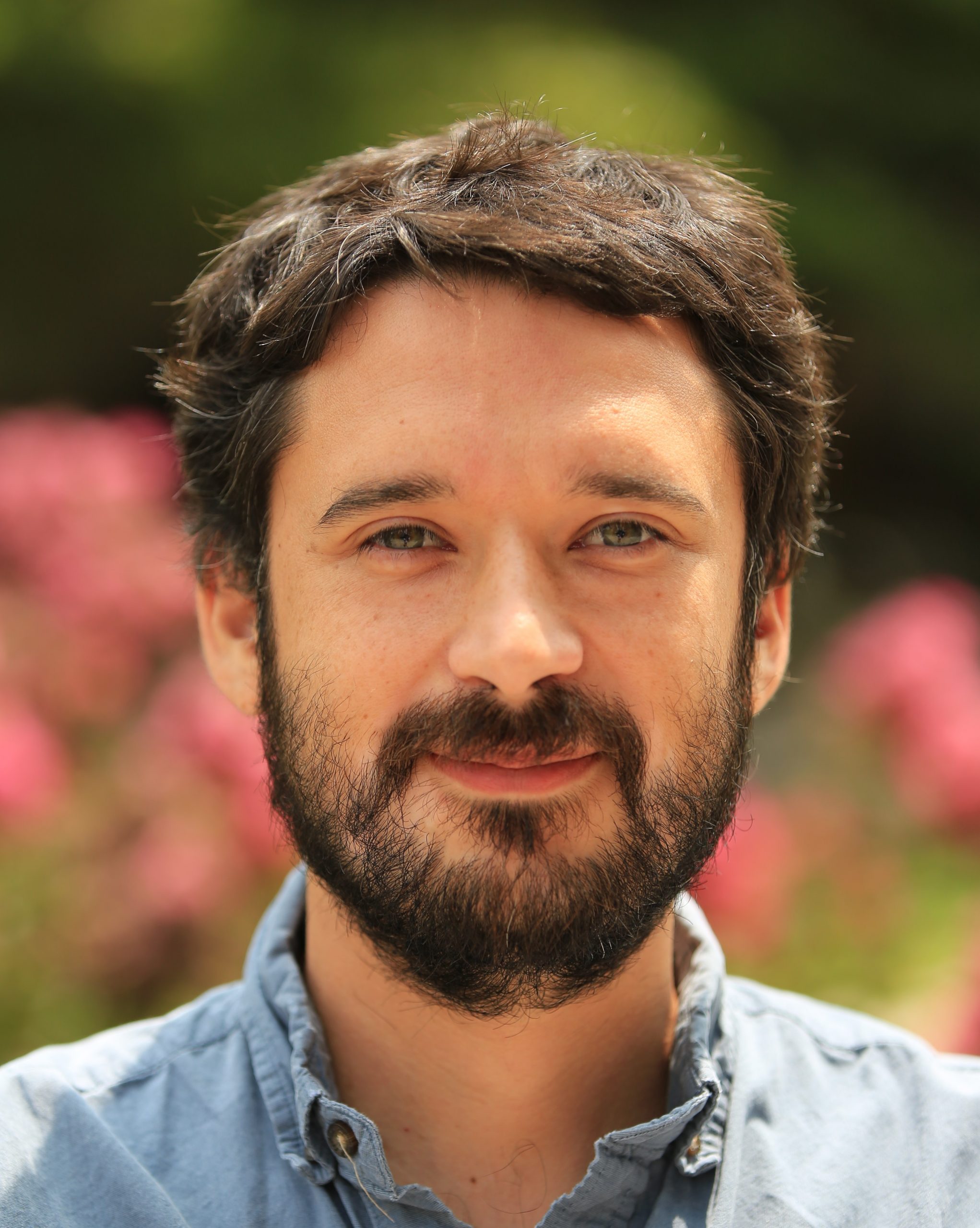June 9, 2022: IRES Special Seminar with Daniel Olivares Quero
IRES Seminar Series
Time: 12:30pm to 2:00pm (Pacific Standard Time)
Location: AERL Room 107 (2202 Main Mall)
View Zoom Video.
Download Presentation Slides
*********************************************************************************************************************************
The Role of Distributed Energy Resources in the Long-Term Energy Planning in Chile: Models, Projections and Policy Implications
Abstract:
The growing penetration of distributed energy resources (DERs) has raised great interest in electricity network planners, regulators and policy makers. DERs can offer remarkable systemic, economic and environmental benefits, but also pose challenges that must be resolved for their efficient integration. In this context, this seminar presents the results of a study commissioned by the Chilean Ministry of Energy to analyze the role of distributed energy resources in the long-term energy planning in Chile. First, we will discuss the main features of the state-of-the-art co-optimization model of bulk generation, distributed resources, and transmission networks used in the study. Then, we discuss the analysis performed for the Chilean electricity system under different scenarios of integration of distributed energy resources, focusing on their impact on investment in transmission and generation, system resilience and environmental goals. The results show that the Chilean electricity system could efficiently integrate a very high capacity of DERs, equivalent to 40% new generation capacity for the evaluation horizon (2020-2040). From this it follows that distributed technologies are already an efficient alternative for the expansion of the system with respect to centralized solutions, even without considering the possible positive externalities not captured by our model, such as the creation of local employment, or the possibility of achieving higher levels of reliability in distribution networks.
Daniel Olivares Quero

Director of the UAI Center for Energy Transition
Bio:
Daniel Olivares Quero is an Associate Professor at the Faculty of Engineering and Sciences of the Adolfo Ibañez University (UAI), and Director of the UAI Center for Energy Transition (CENTRA). He has more than 12 years of experience in scientific studies and technical-economic analysis of the electricity sector in the national and international context. He holds a Civil Electrical Engineering degree from the University of Chile, and a Ph.D. in Electrical and Computer Engineering from the University of Waterloo, Canada. Additionally, he is an associate researcher at the Solar Energy Research Center (SERC-Chile), and an associate researcher at the Complex Engineering Systems Institute (ISCI). His research focuses on the development of control schemes, and computational models and tools for the efficient operation and planning of sustainable energy systems.
Professor Olivares has been a consultant on various technical, economic and regulatory aspects in Chile for the Ministry of Energy, the National Energy Commission and the National Electrical Coordinator in Chile, as well as international organizations such as GIZ and the Bank World.